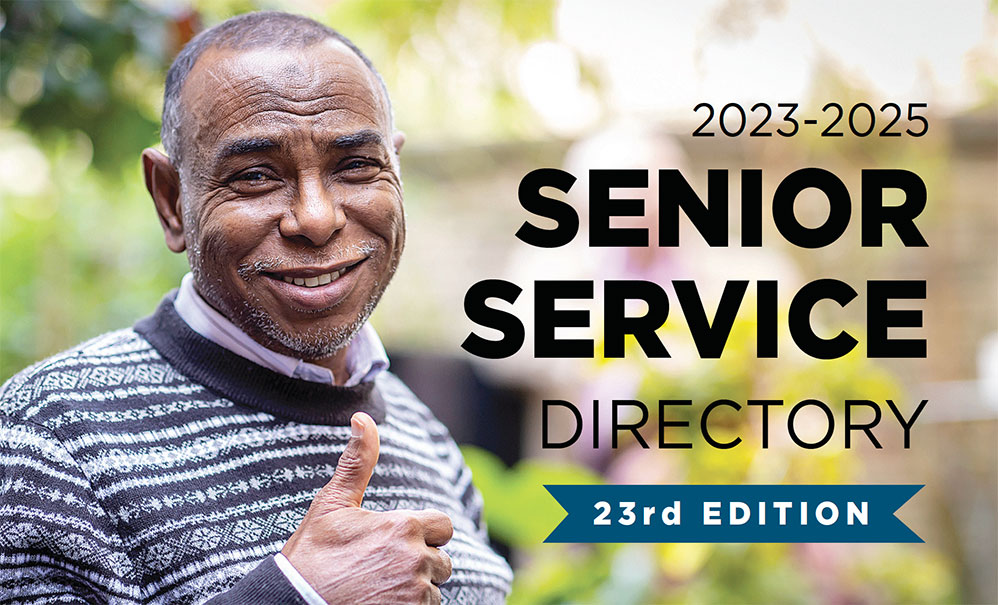
Medicaid/TennCare
Medicaid, a national health-care program for low- income persons, is cooperatively financed by the federal government and the states. Administered by the state, the program provides medical services to eligible individuals. Benefits cover hospital, nursing home, and outpatient services.
In Tennessee, Medicaid is called TennCare. TennCare CHOICES is the program that pays for long-term care in a nursing facility, assisted living facility, or at home.
TennCare is for Tennesseans who fit into certain categories, including uninsured women under age 65 who need treatment for breast and cervical cancer (must meet eligibility requirements). Anyone receiving SSI is automatically eligible for TennCare. Even if someone is not eligible for SSI now, they may be eligible for TennCare if they received both Social Security and SSI in at least one month after April 1977. Legal Aid of East TN has eligibility information. There are additional TennCare categories for some children and families with children.
Children and pregnant women with high medical bills are also eligible for TennCare. When they enroll in TennCare, they may choose a Managed Care Organization (MCO). If they are an SSI beneficiary or if they don’t choose an MCO, one will be assigned. A person may change MCOs once within the initial 45 days of the date of the assignment letter. There is also the opportunity to change MCOs one month each year (July, in East Tennessee).
Before choosing a TennCare plan, think about desired doctor, hospital, and pharmacy, as well as other necessary medical services. Check with each MCO to learn which services are provided–for example, eye and dental care, geriatric assessment. Check with all health-care providers to learn which MCO plans they accept. Choose the MCO that offers the greatest number of needed services and the preferred doctor, hospital, and pharmacy.
TennCare MCOs must provide transportation for plan members who do not have transportation to medical services. Call the MCO to get instructions about arrangements, which must be made in advance, sometimes as many as five days. Even in an emergency, call the MCO for instructions about obtaining transportation.
TennCare provides pharmacy benefits to eligible enrollees. However, enrollees who also have Medicare receive pharmacy benefits through Medicare Part D. Enrollees should contact TennCare Connect, www.tenncareconnect.tn.gov, with questions.
If there is a problem with medical services under TennCare, report it to the MCO; if in a nursing home, begin with the administrator. If the problem is not resolved, call the TennCare Connect. If further assistance is needed, other possible resources are the TennCare Advocacy Program and the TennCare Member Medical Appeals. Whenever writing or mailing anything to TennCare, keep a copy and get proof of mailing from the post office or send it by certified mail, return receipt requested. You then have proof that the document was mailed and received.
If you are helping a family member and do not know if he or she has TennCare, or, if so, which plan, call TennCare Connect for assistance.
TennCare MCOs are responsible for providing mental health services, including substance abuse treatment, to enrollees. Some of the organizations listed under Medical Insurance & Financing (pages 130-135) can provide information about TennCare’s coverage of mental health services and can help to advocate or resolve problems.
Cover Tennessee
Cover Tennessee is a health-care initiative that was designed–before the Affordable Care Act went into effect– to fill the gap for uninsured or underinsured people. Of the agency’s original four programs, only CoverRx still exists on a limited basis. Call Optim Rx at 1-800-424-5815.
CoverRx is a discount program, not insurance, that provides affordable medication for the uninsured. CoverRx provides prescription assistance to Tennessee residents ages 18 to 64 with household incomes below 138 percent of the federal poverty level. The program is not available to anyone with prescription drug coverage (including Medicare, TennCare, or employment-based coverage). Participants have copayments based on income guidelines.